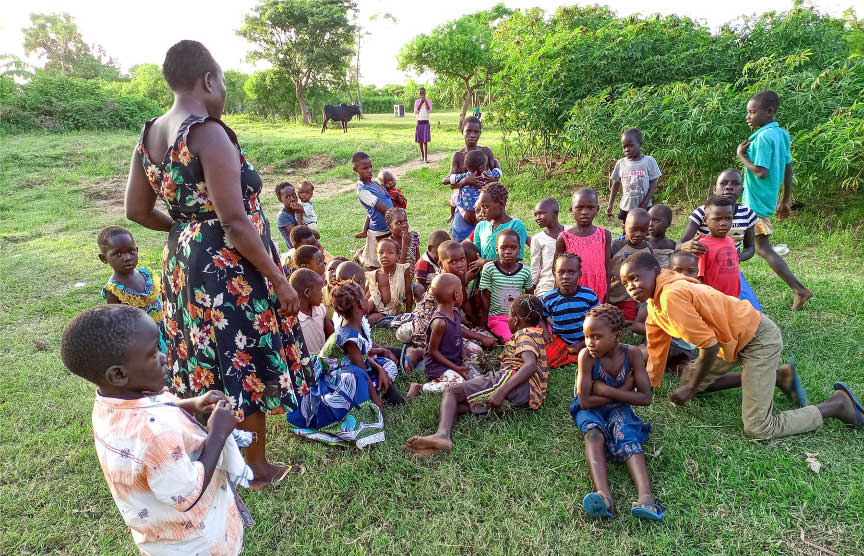About Us
JOGEI is a Non-Governmental Organization (NGO) that started in June, 2019 with the intention of addressing the educational challenges of girl children in the rural areas of Uganda especially in terms of Tuition/Fees, scholastics materials and transport costs to and from school.
This organization began as a result of the
founder Ann Fridah Athieno’s Master degree academic research findings titled:
“Determinants of girl-child retention in UPE Schools in Uganda; Tororo District”
Determinants of girl-child retention was the independent variable with (Government Initiative, Community based factors, and school based factors as sub Independent variable); and Girl-child retention as dependent variable with (girl-child retention, girl-child attendance and girl-child completion as dependent sub variable).

About Us

JOGEI is a Non-Governmental Organization (NGO) that started in June, 2019 with the intention of addressing the educational challenges of girl children in the rural areas of Uganda especially in terms of Tuition/Fees, scholastics materials and transport costs to and from school.
This organization began as a result of the
founder Ann Fridah Athieno’s Master degree academic research findings titled:
“Determinants of girl-child retention in UPE Schools in Uganda; Tororo District”
Determinants of girl-child retention was the independent variable with (Government Initiative, Community based factors, and school based factors as sub Independent variable); and Girl-child retention as dependent variable with (girl-child retention, girl-child attendance and girl-child completion as dependent sub variable).

research findings
In the research findings, it was discovered that girl-child drop out of schools is caused by; Weak educational laws, poor education policy planning and implementation, limited education funds, Poverty due to unfavorable economic activities caused by global warming, cultural conflicts and wars, negative cultural perception towards girls’ education, forced child marriage due to the existence of bride price practice, less parental involvement in a child’s education, long distance walk to school, persistence human rights abuse, forced child labor, domestic violence, the cultural gender roles of boys and girl, female teacher ratio where the girls have few females at school to look on to as role models and poor curricula that does not equip the girl-child with the knowledge to negotiate through life challenges.
In Uganda, the existence of HIV/AIDS has left most girl children as orphans and in acute level of poverty hence they are not only in need of educational support but also lack shelter, medical care and other basic needs. They are also faced with child neglect due to difficult adoption laws and process that has made it hard for them to find new parents. We have also realized that children in the rural Uganda especially girls do not start school until the age of ten (10) years or eleven (11) years because of the long distance walk to school and so they have no chance of attending kindergarten.
Several interventions have been set up by the government of Uganda through policies like Universal Primary Education (UPE) and Universal Secondary Education (USE) as well as support from other stake holders like Plan and ANPPCAN to ensure that children, girls inclusive attain basic education but most girl children in rural Uganda have still failed to continue with their education due to the above mentioned challenges.

